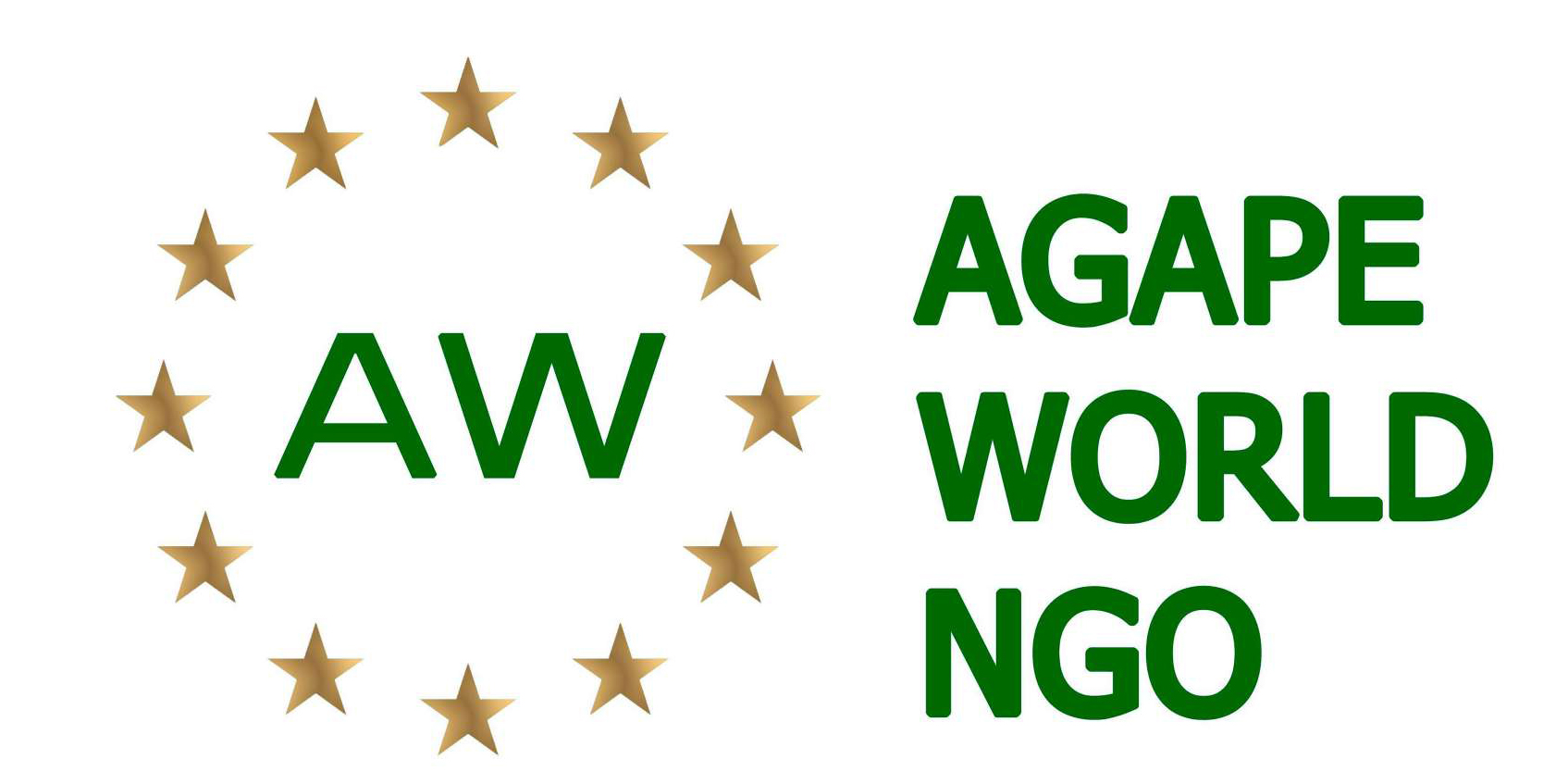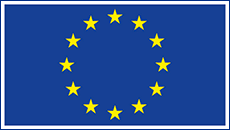
A number of youth surveys conducted in Armenia at different times indicate that youth involvement in policy-making and decision-making processes is insufficient and young people have limited opportunities to fully utilize their potential. According to the report “Aspirations and Expectations of Armenian Youth” conducted by the Youth Studies Institute, there are very low rates of youth participation in different spheres of public life. The overwhelming majority of young people currently do not want to be involved in the work of local government, NGOs, civic initiative groups, and the most common justifications for unwillingness to get involved in these structures are “not interesting”, “my involvement will change nothing” the premise, “time.” The low rates of youth participation in public and community life are explained by their focus on solving their own problems, as well as their skepticism about the results of participation. These problems are compounded, in particular, by the restriction of employment and socio-cultural areas for young people in regional areas.
The above mentioned problems are also typical for the youth of the Chambarak community of Gegharkunik Marz of the Republic of Armenia. The community was enlarged in 2017 to include Chambarak urban, Aygut, Antaramej, Getik, Dprabak, Ttujur, Kalavan, Dzoravank, Martuni, Vahan rural communities and Artsvashen. There are currently about 1,600 young people aged 18 to 35 living in the community, about 60% of whom are concentrated in Chambarak.In January-March, a research project “Assessment of Youth Involvement in Public Life and Local Government” was conducted in Chambarak Enlarged Community to study youth involvement in public life and local self-government of the community. The research was carried out by the Agape World Youth NGO within the framework of the “Youth for Their Future” grant project. The purpose of the grant program is to promote youth participation and increase public influence in the Tchambarak enlarged community by assessing youth engagement and monitoring of public finances. The final result of the grant program will be the development of youth policy in the community and its advocacy. The grant program is implemented by the Agape World Youth NGO within the framework of a sub-grant under the EU funded “Commitment to Constructive Dialogue” project implemented by consortium led by the Armenian Lawyers’ Association.
The main purpose of this research project is to find out how young people are involved in policy development, implementation and evaluation. The information needed to identify research issues was obtained through a combination of qualitative and quantitative methods. The survey used a quantitative face-to-face survey with youth, involving a total of 309 youth. In-depth interviews with key informants and focus group discussions with community youth were also conducted. In addition to analyzing the documents, community development plans, annual financial reports and plans, and youth events reports were analyzed.
The research involved a community-based monitoring group of young people living in the community, which in turn helped to increase the capacity of young people involved. It is envisaged that the results of the research will be used to develop a community youth policy draft, which will then be submitted to local authorities for introduction and implementation.
“Assessment of Youth Involvement in Public Life and Local Government” Survey Results


